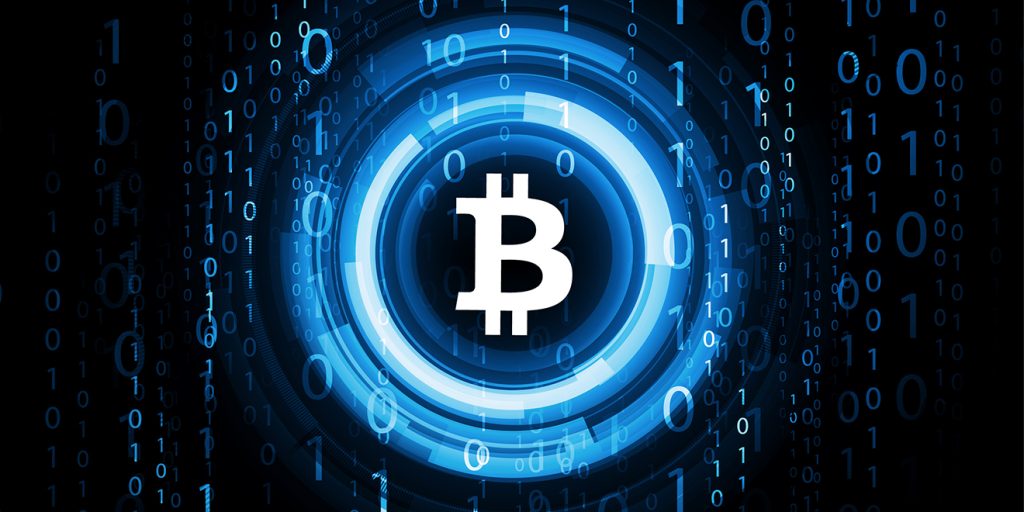Decentralized Finance Projects Redefine the Future of Banking Systems
Decentralized Finance projects are redefining the future of banking systems by leveraging blockchain technology to create an open, permission less financial ecosystem that operates independently of traditional financial institutions. At the heart of DeFi is the idea of decentralization, which eliminates the need for intermediaries like banks, brokers, and payment processors, allowing users to interact directly with each other through smart contracts. These self-executing contracts automate and enforce the terms of an agreement, reducing the risks of fraud and increasing efficiency. DeFi projects offer a broad range of financial services, including lending, borrowing, trading, and insurance, all accessible via decentralized applications built on various blockchain networks, such as Ethereum, Binance Smart Chain, and others. One of the most compelling aspects of DeFi is its accessibility. Traditional banking systems often require extensive documentation, credit checks, and geographical restrictions, making it difficult for individuals in underbanked or unbanked regions to access financial services. DeFi projects aim to dismantle these barriers by enabling anyone with an internet connection to participate in the financial ecosystem.

Users can create digital wallets, trade assets, and access lending platforms without needing to go through a centralized authority. This democratization of finance has the potential to empower millions of people around the globe, fostering financial inclusion and allowing individuals to have greater control over their financial futures. Furthermore, DeFi projects have introduced innovative financial instruments, such as yield farming and liquidity mining, which incentivize users to provide liquidity to decentralized exchanges in exchange for rewards. This has led to the emergence of a new class of investors who are willing to experiment with novel financial products that offer higher returns than traditional savings accounts or investment vehicles. Additionally, stablecoins, which are pegged to fiat currencies, have gained traction within the DeFi space, providing a more stable medium of exchange that minimizes the volatility often associated with cryptocurrencies. This stability encourages broader adoption and usability in day-to-day transactions, further bridging the gap between traditional finance and the digital economy.
Moreover, DeFi platforms are built on transparent protocols that allow users to audit transactions and smart contracts easily. This level of transparency promotes trust among participants, as users can verify the integrity of the platform without relying on a centralized authority. However, it is essential to acknowledge the risks associated with DeFi, including smart contract vulnerabilities and regulatory uncertainties. Despite the Cryptocurrency news, the rapid growth of DeFi signifies a transformative shift in how financial services are conceived and delivered. In conclusion, DeFi projects are redefining the future of banking systems by creating a more inclusive, efficient, and transparent financial ecosystem. As these projects continue to evolve and gain mainstream acceptance, they hold the potential to reshape the landscape of finance, offering innovative solutions that challenge the status quo. By prioritizing decentralization and user empowerment, DeFi is not just an alternative to traditional banking; it represents a fundamental shift in the philosophy of finance itself.